Directory
- Share
Nikhita Mendis
- Alumni
- Sri Lanka
- 2018 MPhil Social Anthropology
- Trinity Hall
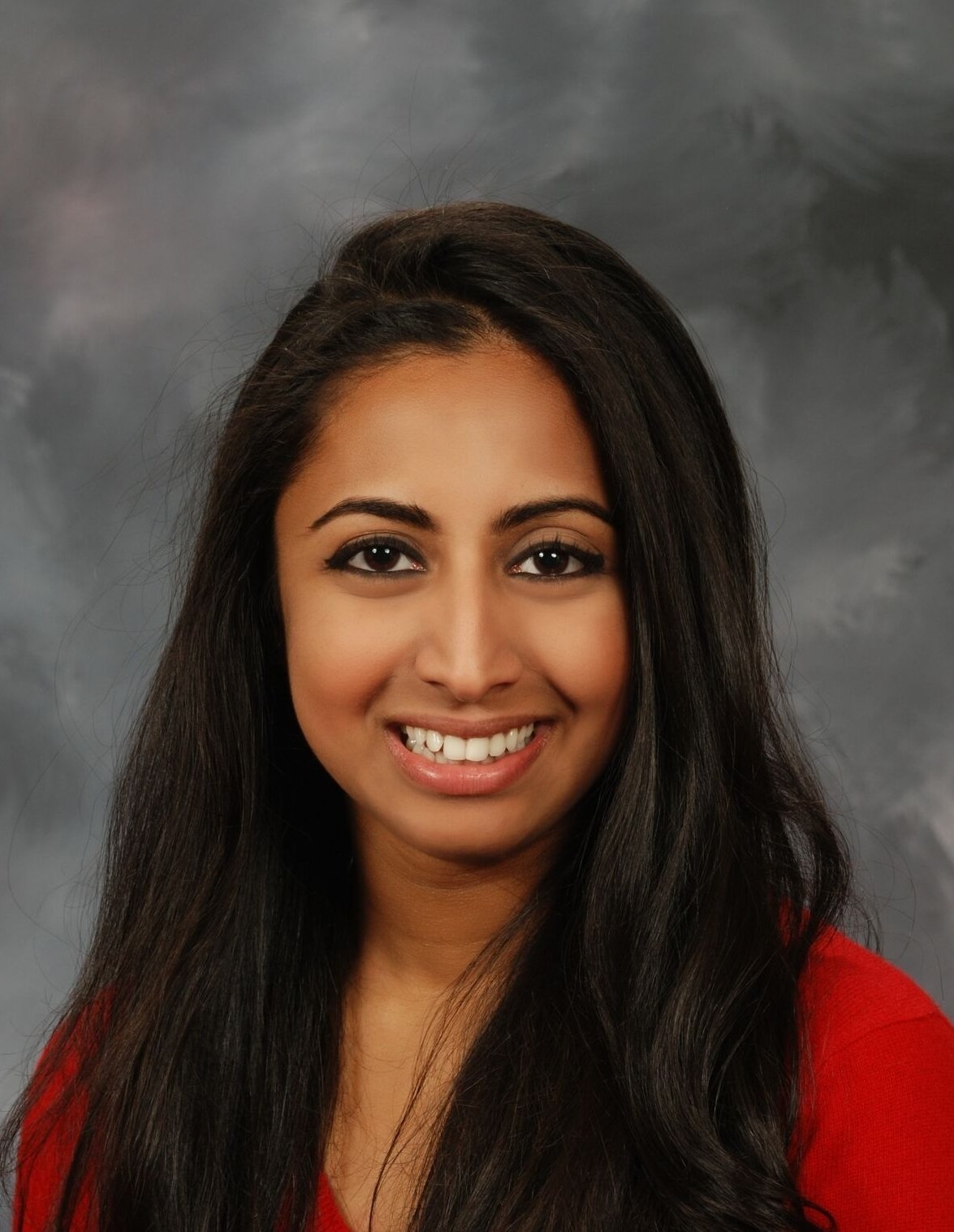
Nikhita Mendis
- Alumni
- Sri Lanka
- 2018 MPhil Social Anthropology
- Trinity Hall
As an undergraduate studying International Relations and Middle East Studies at Brown University, I conducted ethnographic fieldwork on the lives of Sri Lankan migrant domestic workers in Lebanon. I learned that my interlocutors did not consider themselves marginalized subjects. Instead, they articulated their experiences as empowered women using Buddhist practices to navigate their everyday lives. Growing up in Sri Lanka during the Civil War, I witnessed similar discrepancies between the way local populations viewed themselves and the assumptions human rights organisations made when proposing policy. Through these experiences, I came to value anthropology’s emphasis on localised ways of life as a tool for improving policy initiatives. At Cambridge, I will investigate how human rights organisations with deeply secular roots can work to protect migrant domestic workers whose primary motivations are non-secular. I seek to confront the liberal assumptions of feminist and labor theorists engaging with the lives of migrant domestic workers and to explore the imbrication of religious embodiment in post-colonial subject formation. Ultimately, I hope to amplify the voices of women caught between the difficult experiences of migration and the problems of representation in secular human rights discourse. I am excited to work with the Gates and Cambridge communities to develop a deeper public consciousness about the role of religion as a mode of empowerment.
Previous Education
Brown University
Paula Mendoza-Moreno
- Scholar
- Venezuela
- 2021 PhD Chemical Engineering
- Churchill College
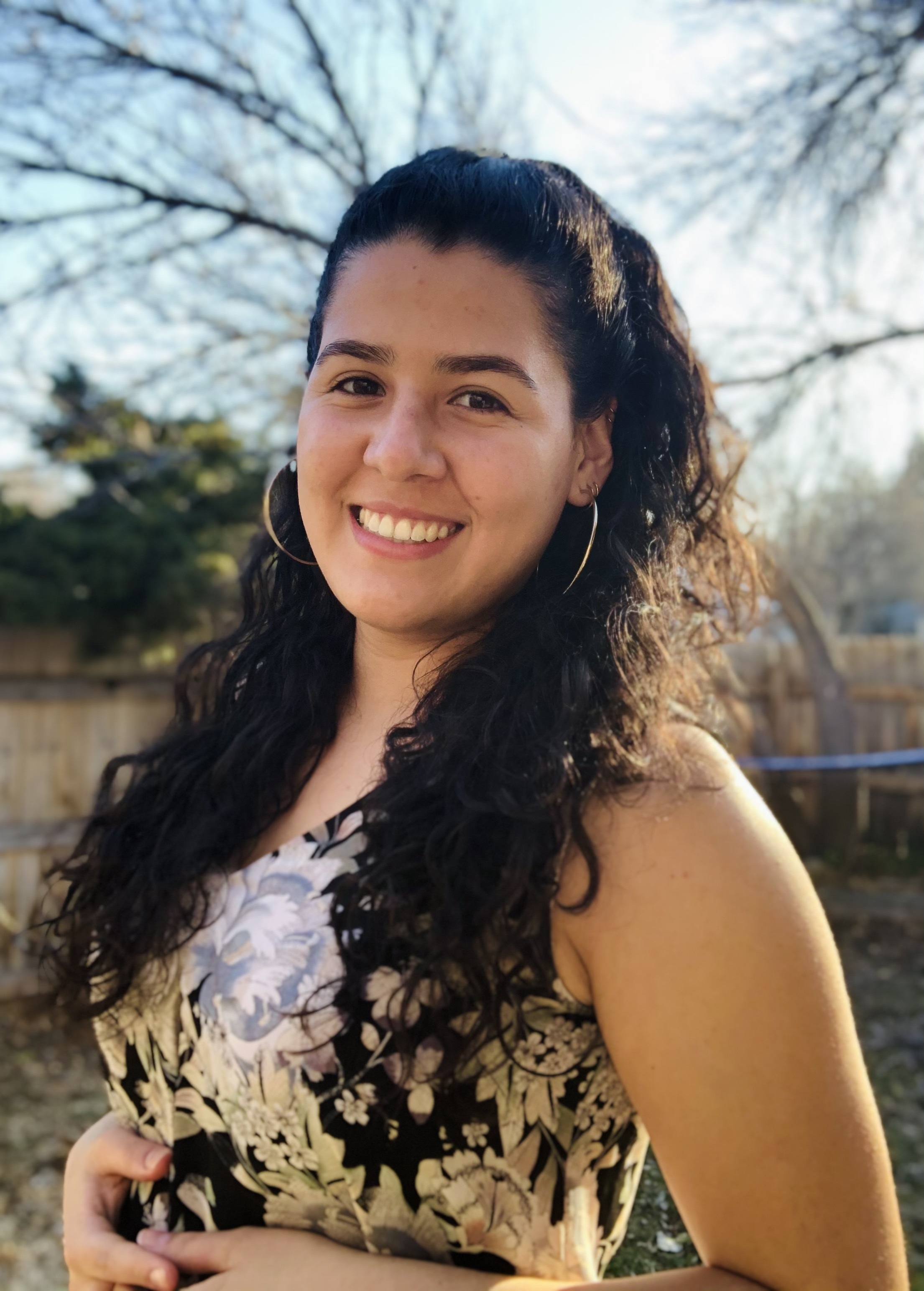
Paula Mendoza-Moreno
- Scholar
- Venezuela
- 2021 PhD Chemical Engineering
- Churchill College
Growing up in Bejuma, Venezuela, I witnessed how the unreliable energy system of the country threatened food supply, health care facilities, public transportation, and access to clean water. These factors contribute to widespread poverty, rising death tolls, and a mass displacement of refugees in countries that experience similar crises. After obtaining a BSc in Chemical and Biological Engineering at Colorado State University, I developed a fascination for the beauty of chemical processes and their power to deliver uncompromised and sustainable energy access. This is important because I believe every person deserves safe and renewable energy to enjoy a high quality of life. During my Ph.D. in Chemical Engineering, I will investigate liquid hydrogen production and commercialization as an alternative to decarbonize the aviation sector and manage climate change. The process will be challenging and intriguing because of the difficulties of handling and storing hydrogen within aviation constraints, minimizing boil-off, and addressing the safety of hydrogen in the liquid state. This research will address energy scarcity, climate refugees, and ultimately improve the lives of people in the most vulnerable regions of the world.
Previous Education
Colorado State University Chemical and Biological Eng 2021
Elena Menichelli
- Alumni
- Italy
- 2001 PhD Molecular Biology
- Magdalene College

Elena Menichelli
- Alumni
- Italy
- 2001 PhD Molecular Biology
- Magdalene College
Previous Education
Universita' La Sapienza, Rome Laurea Chemistry 2000
Alexander Mentzel
- Scholar
- United States
- 2022 PhD German
- Magdalene College
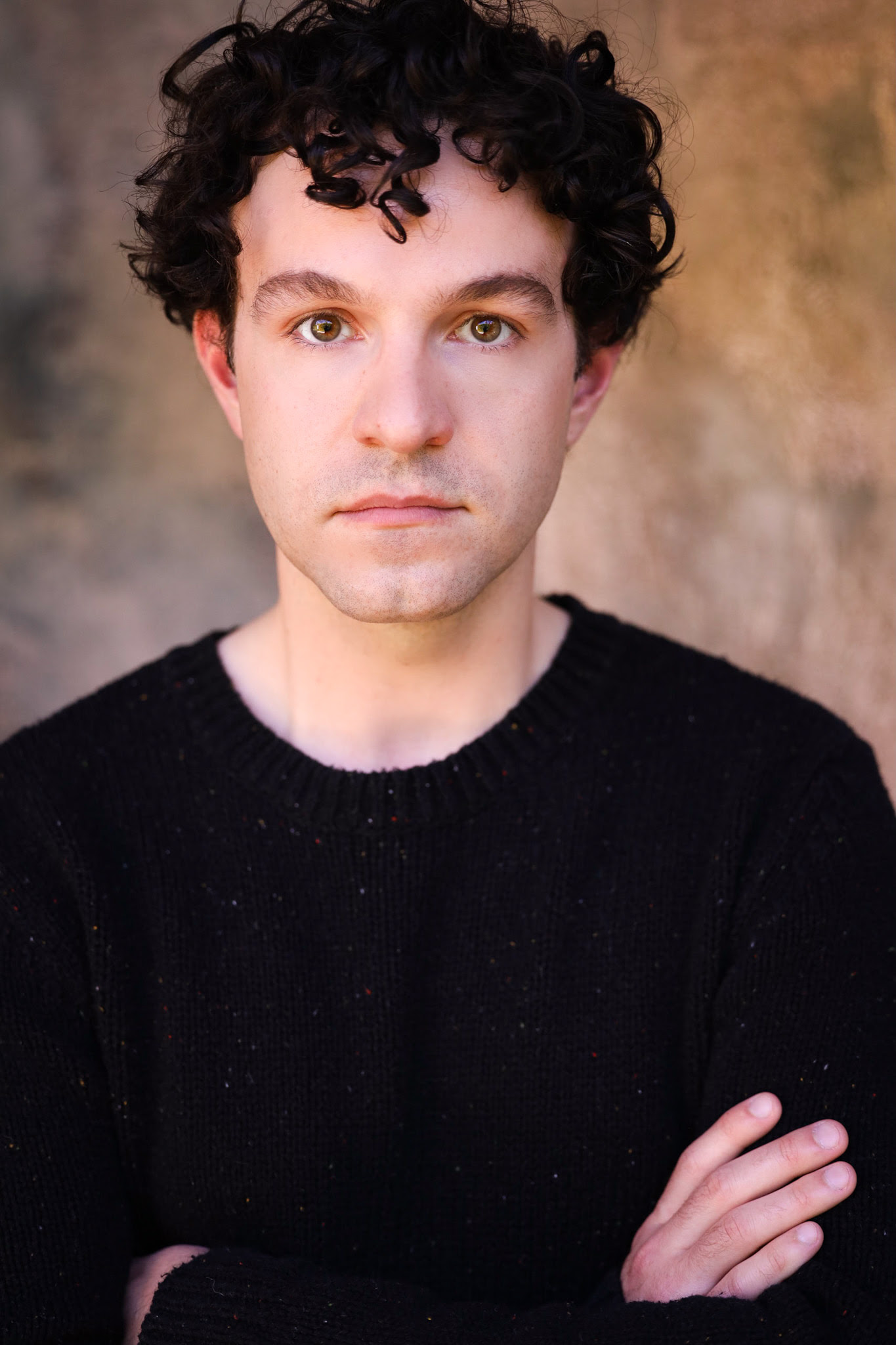
Alexander Mentzel
- Scholar
- United States
- 2022 PhD German
- Magdalene College
I was born in Germany and spent my first years in Cologne. At age ten, I moved, with my family, to the mountainous Pacific Northwest. From my childhood through my early 20s, I worked as a professional actor. I eventually matriculated at The University of Oregon’s Clark Honors College, graduating with a BA in German Literature and a minor in Theatre Arts. In college, I co-founded Averto, a real-time, crowd-sourced data mapping app, which seeks to help people navigate their environment safely. These seemingly disparate experiences kindled a fascination with the performance principles and architectures of online environments, especially how virtual and augmented reality disturb the seeming solidity of civic institutions and commercial online “worlds.” Emergent technologies have the potential for good, but there is great risk that negative consequences, such as discriminatory systems of surveillance, will be amplified in cross-reality environments. As I work on my PhD in German, I will create critical room for a turn to a phenomenological understanding of virtual and augmented spaces. I’m proud to be joining the Gates Cambridge community, comprised of scholars that embrace their role to provide alternative imaginaries of the future.
Previous Education
University of Cambridge ELAC 2022
University of Oregon Ger. Lit & Culture and Theatre 2020
Goethe Universität Frankfurt Guest Student in Dramaturgy 2018
Julia Menzel
- Alumni
- United States
- 2017 MPhil History and Philosophy of Science and Medicine
- Clare College

Julia Menzel
- Alumni
- United States
- 2017 MPhil History and Philosophy of Science and Medicine
- Clare College
I am currently a doctoral student in MIT's program in History; Anthropology; and Science, Technology, and Society. For more details, please see my department webpage: http://web.mit.edu/hasts/graduate/jmenzel.html.
Previous Education
Yale University
Paul Meosky
- Alumni
- United States
- 2016 MPhil English Studies: 18th Century and Romantic Studies
- Homerton College
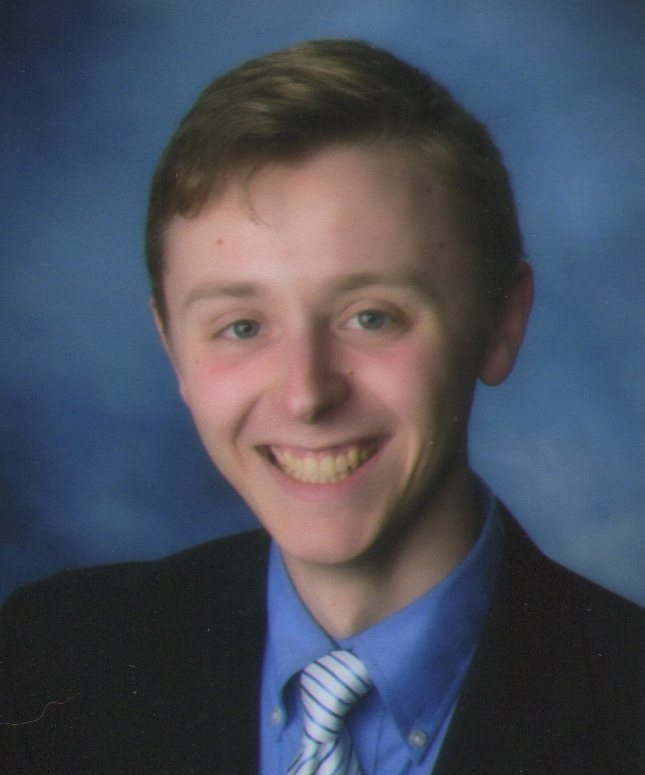
Paul Meosky
- Alumni
- United States
- 2016 MPhil English Studies: 18th Century and Romantic Studies
- Homerton College
As the oldest son of seven children, I learned to read and immediately started reading to others. I have always loved sharing stories with my friends and family, and I want to spend my life bringing people together through literature. I have been blessed to spend four years at Harvard as an English major, studying communities united by storytelling, particularly in Wales and Ireland. At Cambridge, I will pursue a MPhil in 18th Century and Romantic Studies with a focus on children’s literature and education. Specifically, I will investigate the curious case of Mother Goose, whose imaginary voice illustrates modern concepts of authorship, fiction, and identity at the axis of national and childhood communities. I plan to take my Cambridge experience into the classroom as a middle school English teacher. Ultimately, I hope to become an education policymaker and build learning communities wherever I go. I am so grateful to receive the Gates Cambridge Scholarship, and I am excited to join this organization!
Interests: Romantic poetry, baking, gardening, musicals, running, saxophone, Celtic folklore, classic films, all novels (especially by Charles Dickens or Terry Pratchett), and murder mysteries!
Previous Education
Harvard University
Brandon Mercado-Saavedra
- Alumni
- Bolivia
- 2019 PhD Biochemistry
- Girton College
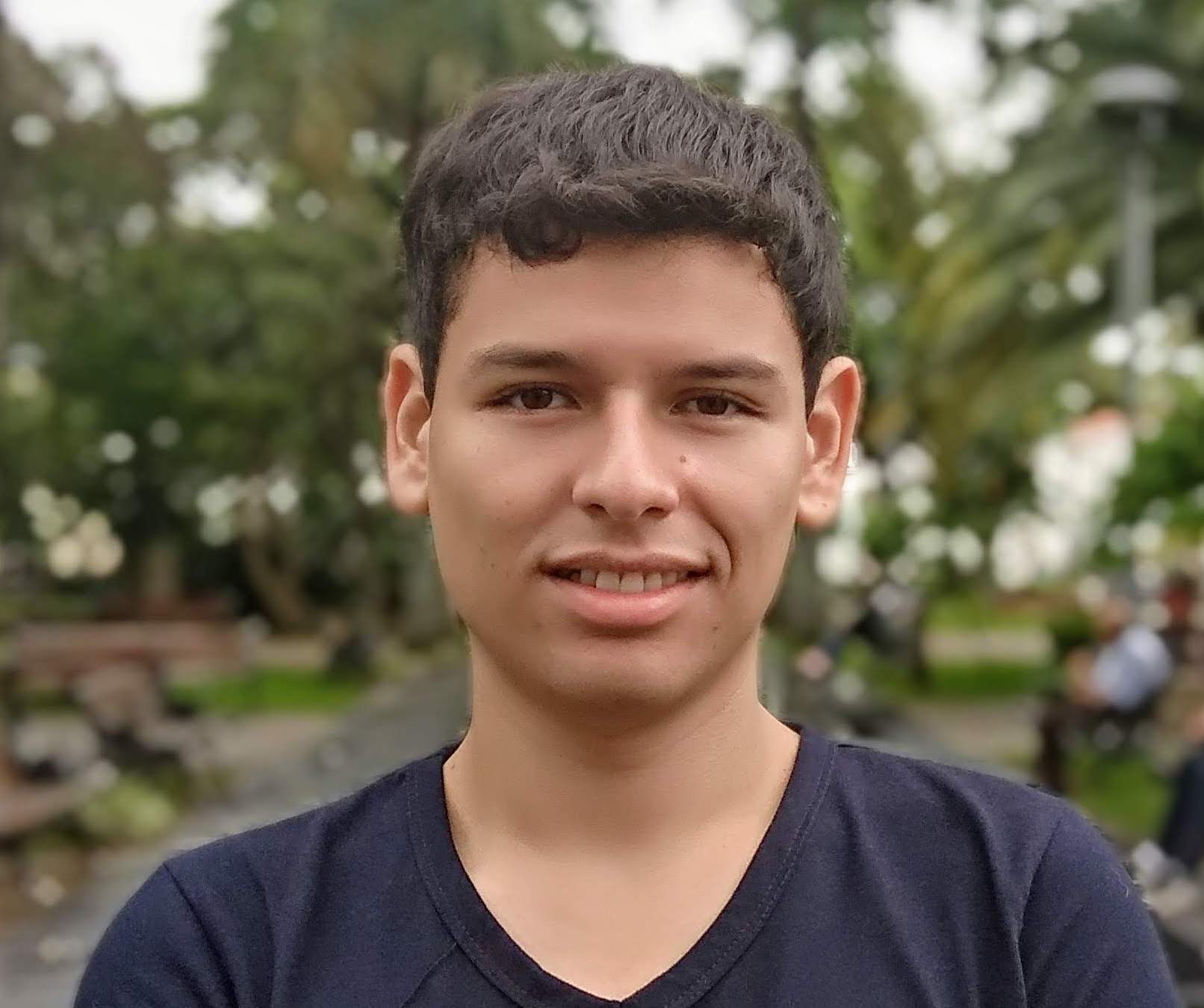
Brandon Mercado-Saavedra
- Alumni
- Bolivia
- 2019 PhD Biochemistry
- Girton College
I grew up in Santa Cruz, Bolivia and went to Universidad Autonoma Gabriel Rene Moreno where I received a bachelor’s degree in Biochemistry. During my time as an undergrad student, I developed an interest in improving the health system of my country by performing research in those diseases that mostly affect Bolivia. The following year, I became part of a training program in charge of Professor Robert H. Gilman from the Johns Hopkins University, who gave me the opportunity of doing a master degree in Epidemiological research at the Universidad Peruana Cayetano Heredia where I studied the development of the most important chronic manifestation of Chagas disease (cardiomyopathy). During my training, I also completed courses in Argentina, Chile, Peru and the United States, which later allowed me to present my work at the Annual Meeting of the American Society of Tropical Medicine and Hygiene (ASTMH). I was also awarded a fellowship in research at the Johns Hopkins University. At Cambridge, I will perform a PhD in Biochemistry studying the interaction of Toxoplasma gondii with the host cell under the supervision of Professor Ross Waller. Besides my academic work, I am interested in youth development for which I have been selected as a Bolivian Youth Ambassador, a program sponsored by the Department of State of the United States
Previous Education
Universidad Peruana Cayetano H Epidemiology and Research 2019
Universidad A Gabriel Rene M. Biochemistry 2017
Sara Merican
- Scholar
- Singapore
- 2022 MPhil Film & Screen Studies
- Downing College

Sara Merican
- Scholar
- Singapore
- 2022 MPhil Film & Screen Studies
- Downing College
I am interested in the urgency and usefulness of "island cinema" as an aesthetic and political category that can be applied to readings of Southeast Asian films, focusing on works by independent filmmakers in Indonesia, the Philippines and Singapore. By privileging "island" as a critical category, I want to investigate how this more eco- and geo-conscious approach can expand academic discourse on Southeast Asian films as they pertain to decoloniality, marginalities and the non-human. I've worked as a film journalist and critic, with work published in Deadline, The Hollywood Reporter, The Telegraph, the British Film Institute's Sight & Sound, Forbes.com and NME. I am a member of FIPRESCI and was a Golden Globes voter from 2022-2024. I've worked as a programmer for the Singapore International Film Festival and served on the critics’ jury at the Venice Film Festival 2022. Outside of film, I am passionate about sports and have been part of Singapore's national cricket and football teams. In 2023, I represented Singapore in cricket at the Southeast Asian Games held in Cambodia.
Previous Education
University of Pennsylvania Cinema Studies and English 2020
Stephen Metcalf
- Scholar
- United States
- 2019 PhD Public Health and Primary Care
- Corpus Christi College
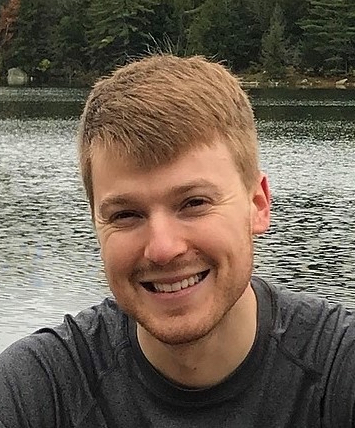
Stephen Metcalf
- Scholar
- United States
- 2019 PhD Public Health and Primary Care
- Corpus Christi College
Growing up in eastern Kentucky, in the heart of the Appalachian region of the United States, I was fascinated by questions of meaning in life and devastated by the hardship I witnessed at home and abroad. Through opportunities like Kentucky’s Governor’s Scholars Program and the Brown Fellows Program at Centre College, I experienced the transformative power of education, mentorship, and community and further explored these themes of meaning and inequity. I am now pursuing similar questions through PhD research on resilience: Given similar histories of adversity, why do some children do better than others? Learning from these children may help us better support those who are struggling. I look forward to working with the Gates Cambridge community as we explore fundamental life questions and help others thrive.
Previous Education
University of Cambridge Master of Philosophy Epidemiology 2015
Centre College Bachelor of Science Behavioral Neuroscience 2014
Links
https://scholar.google.com/citations?user=-tyJuPAAAAAJ&hl=en
https://www.linkedin.com/in/stephenmetcalf
Joannah Metz
- Alumni
- United States
- 2004 MPhil Polar Studies
- Churchill College

Joannah Metz
- Alumni
- United States
- 2004 MPhil Polar Studies
- Churchill College
I am studying for an MPhil degree in Polar Studies at the Scott Polar Research Institute. I have always loved space, and plan to spend my career looking for life on Mars. I even hope to be an astronaut someday and to conduct fieldwork on Mars.
Alice Meyer
- Alumni
- South Africa
- 2013 PhD English
- Queens' College
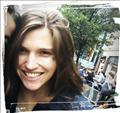
Alice Meyer
- Alumni
- South Africa
- 2013 PhD English
- Queens' College
My PhD explores the ability of poetry to act as a voice of radical political critique in post-Apartheid South Africa. I focus on experimental and avant-garde poetry with a view towards tackling the complex relationship between poetic form and socioeconomic power. My study is particularly pressing given that the poets I have chosen to highlight are largely overlooked by the commercial publishing industry and mainstream academia. While my project pays specific attention to post-Apartheid South Africa, I ultimately see my research as relevant to other postcolonial and developing milieus in which the formal battles of artists and writers can constitute a resonant mode of protest against an unequal world system. Apart from my doctoral work, I am organising Cambridge's Postcolonial Seminar Series in 2014/ 2015 and welcome all to come along.
Ramona Meyricke
- Alumni
- Australia
- 2008 PhD Land Economy
- Corpus Christi College
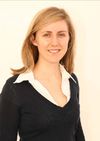
Ramona Meyricke
- Alumni
- Australia
- 2008 PhD Land Economy
- Corpus Christi College
I completed a Bachelor of Science with Honours in Applied Statistics at the Australian National University. After graduating, I worked at PwC in Australia, whilst qualifying as an actuary. My work and studies focus on financial risk management in relation to retirement incomes, health insurance and aged care, employee benefits and welfare.
George Suleman Mgomella
- Alumni
- Tanzania, United Republic of
- 2011 PhD Public Health and Primary Care
- Sidney Sussex College
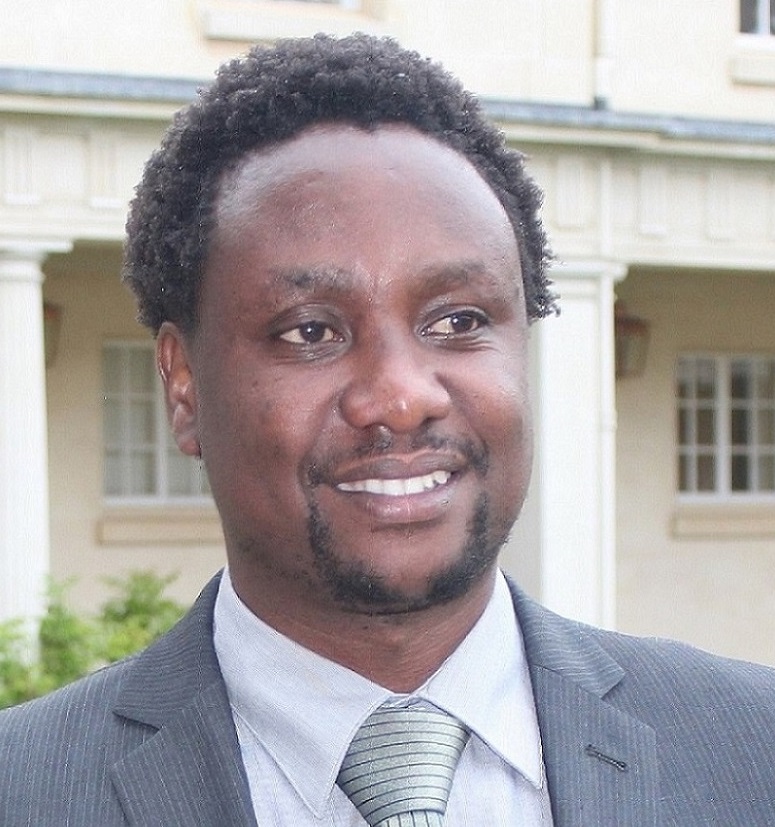
George Suleman Mgomella
- Alumni
- Tanzania, United Republic of
- 2011 PhD Public Health and Primary Care
- Sidney Sussex College
I hold a Doctor of Medicine degree from the University of Dar es Salaam, Tanzania and a Master of Public Health degree from Harvard University, USA. I am also a Certified Public Health professional by the National Board of Public Health Examiners (NBPHE), USA. I have experience in clinical medicine, research and global health. I am currently reading the epidemiology of hepatitis C virus infection in is sub-Saharan Africa.
Jennifer Miao
- Scholar
- United States
- 2022 PhD Biological Science @ MRC Laboratory of Molecular Biology
- St John's College
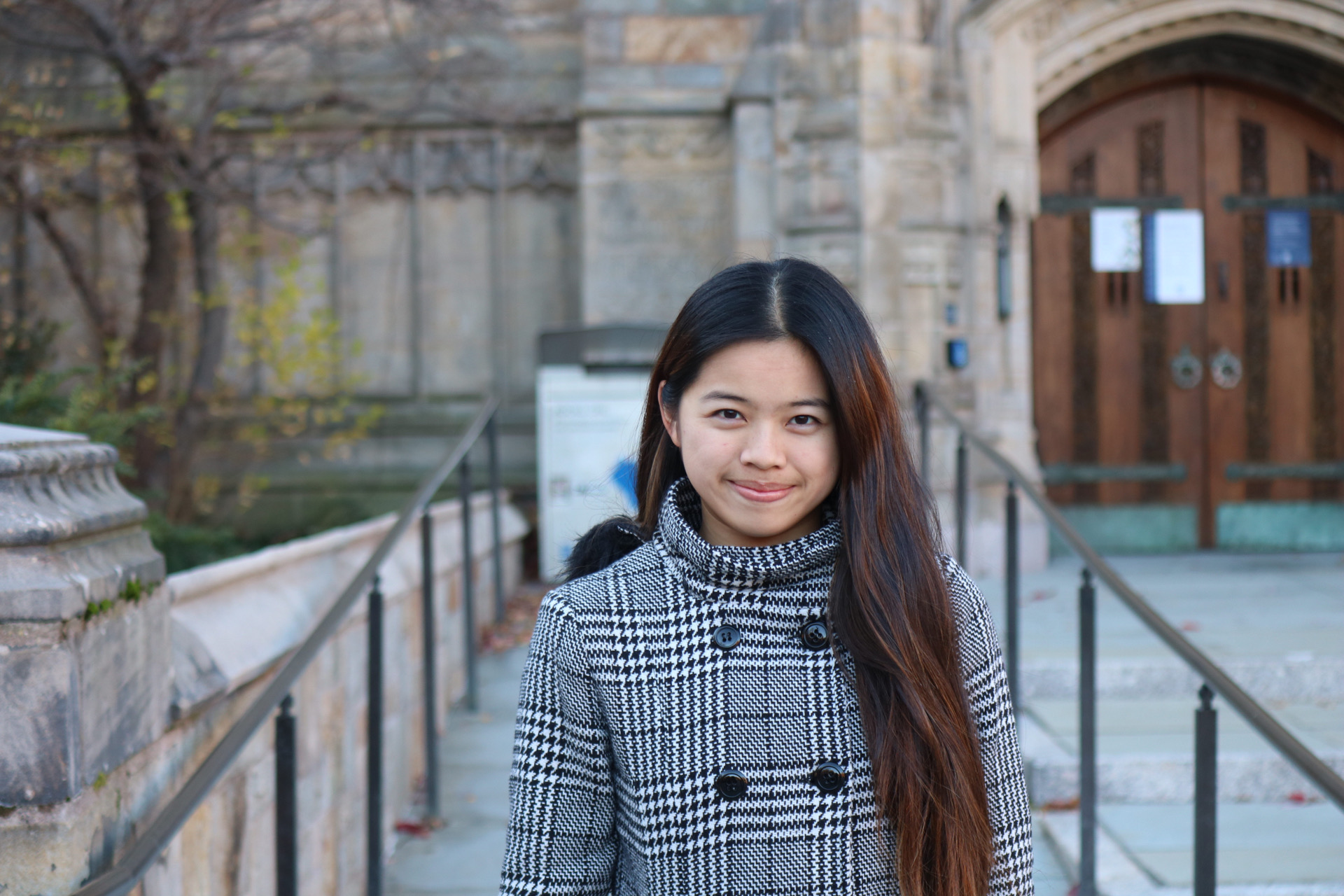
Jennifer Miao
- Scholar
- United States
- 2022 PhD Biological Science @ MRC Laboratory of Molecular Biology
- St John's College
My interest in structural biology began in high school, where I studied peptide segments that form the core of infectious prion fibrils by x-ray crystallography. This research experience culminated in my giving an invited talk at the 2019 CCP4 Study Weekend in Nottingham University, UK. My exposure to science at an early age led to my pursuit of a B.S. in Molecular Biophysics and Biochemistry at Yale. In college, a particularly meaningful research experience was when I worked to understand membrane protein insertion at the endoplasmic reticulum. This experience led to my fascination for the remarkable diversity of membrane proteins. At Cambridge, I will study how the mitochondria, an essential organelle in nearly all eukaryotic cells, imports more than 1000 proteins from the cytosol. This project could lead to a better understanding of how defects in mitochondrial metabolism cause various human neurodegenerative and metabolic diseases and to the design of novel therapeutics targeting mitochondrial metabolism. The Gates Cambridge Scholarship will give me the incredible opportunity to pursue my passion for interdisciplinary projects at the Laboratory of Molecular Biology with some of the world’s experts in the field.
Previous Education
Yale University Molecular Biophysics & Biochem 2022
Christopher Michael
- Alumni
- United States
- 2003 MPhil Physics
- Churchill College

Christopher Michael
- Alumni
- United States
- 2003 MPhil Physics
- Churchill College
Ilaria Michelis
- Scholar
- Italy
- 2019 PhD Sociology
- Newnham College
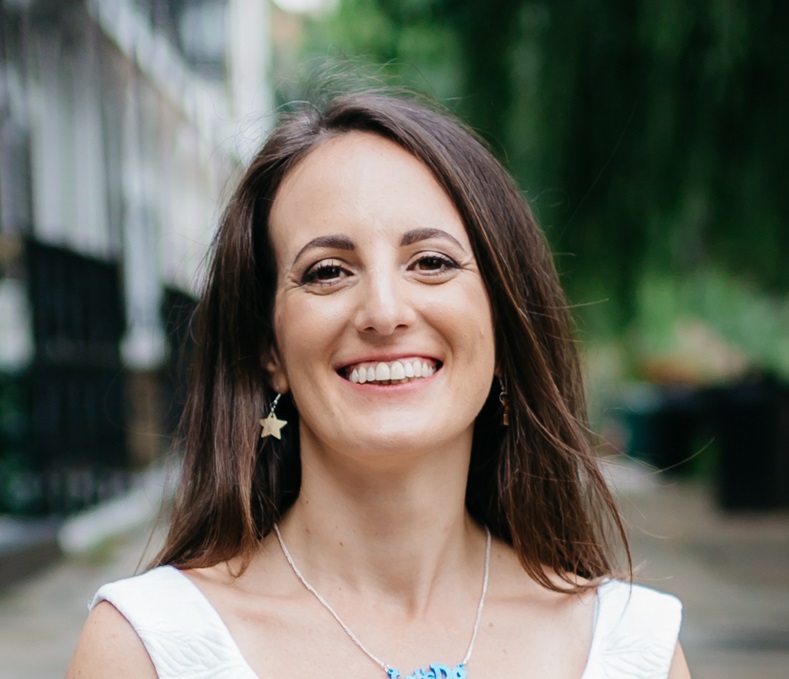
Ilaria Michelis
- Scholar
- Italy
- 2019 PhD Sociology
- Newnham College
Before recently returning to academia for an MPhil in Sociology of Marginality and Exclusion, I worked in humanitarian response for ten years, focusing on preventing and providing services to survivors of Violence Against Women and Girls (VAWG). I lived and worked in Uganda, Ethiopia, Iraq and Lebanon, and have supported programmes across the Middle East, Central and Eastern Africa, working with populations displaced by conflict. Throughout my career, I have always sought to improve the quality and extend the reach of services I provided, especially mindful of the importance of including women and girls who might be marginalised within their own community. With this goal in mind, I am taking on a PhD in Sociology to explore the introduction of the theory and practice of intersectionality within humanitarian responses from a decolonial and feminist perspective. By leveraging both my professional and research experience, I will work closely with displaced women and girls affected by violence to develop guidance for humanitarian practitioners to adopt an intersectional approach to the design and delivery of VAWG prevention and response programmes. I am also interested in exploring research methods that recognise and attend to the significant power imbalances inherent in the researcher-participant relationship in situations of displacement. As a Gates scholar, a humanitarian practitioner and a researcher I will continue to contribute to building a safer world for women and girls
Previous Education
University of Cambridge Marginality and Exclusion 2019
London School of Economics & Political Science (Un Development Management 2008
Universita Degli Studi Bologna InternationalCooperationDevel 2007
Marc Mierowsky
- Alumni
- Australia
- 2011 PhD English
- Queens' College
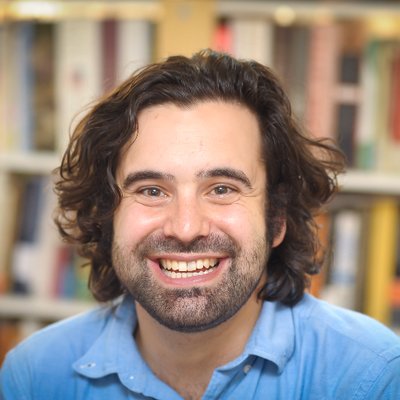
Marc Mierowsky
- Alumni
- Australia
- 2011 PhD English
- Queens' College
Marc Mierowsky is a McKenzie Postdoctoral Fellow in English and Theatre Studies at the University of Melbourne. He is one of the editors of The Correspondence of Daniel Defoe (Cambridge UP, 2021) and co-editor with Nicholas Seager of Defoe’s Roxana for Oxford World’s Classics (Oxford UP, 2022). His monograph A Spy Amongst Us: Defoe’s Secret Service and the Campaign to End Scottish Independence is forthcoming with Yale University Press.
Links
https://findanexpert.unimelb.edu.au/profile/843332-marc-mierowsky
Evan Miles
- Alumni
- United States
- 2012 PhD Polar Studies
- Trinity College
Evan Miles
- Alumni
- United States
- 2012 PhD Polar Studies
- Trinity College
I was born and raised in Portland, Oregon, in the beautiful northwest USA. My academic background is in hydrology (MS), mechanical engineering (HBS), and international studies (HBA) with minors in mathematics and Spanish. I am also an avid mountaineer and global traveller with strong humanitarian leanings. These recreational pursuits have inspired me to focus my academic interests to glaciology and alpine hydrology. My proposed research at the Scott Polar Research Institute investigates the retreat of Himalayan glaciers to predict the formation of hazardous lakes, which can have catastrophic impacts on downstream communities. Glaciology and hydrology will increase in importance through the 21st century as the impacts of climate change become more profound and marginal communities are increasingly affected.
Links
https://www.geog.leeds.ac.uk/people/e.miles
https://twitter.com/Miles_of_Ice
http://gatescambridge.org/our-scholars/spotlight.asp?ItemID=14010








